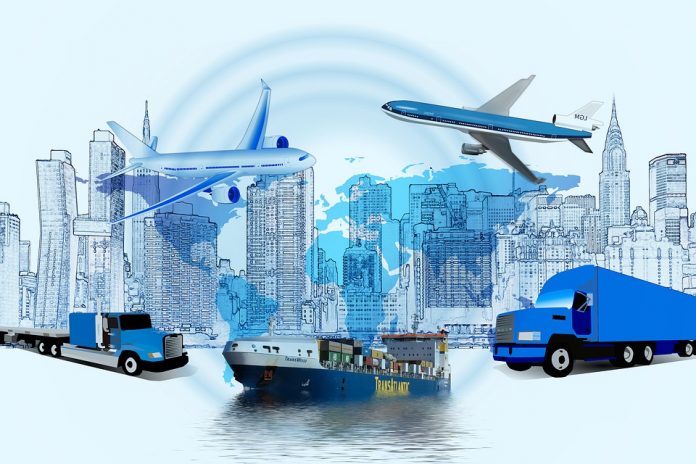With the growth of artificial intelligence from just research to reality, increasingly automated decision making and new insights appear to be disrupting all the supply chain networks.
Artificial intelligence (AI) is expected to influence everything from the sourcing of raw materials to factory floor productivity.
Such emerging technologies may unlock business value while at the same time availing opportunities that allow better use of the existing workers in such environments.
Emerging technologies like the Internet of Things (IoT) and AI may help companies in converting their data via smart, digital platforms in a bid to obtain better insights.
In turn, supply chains would have the capacity to compare production level data together with factory line performance and compliance.
Creating a supply chain network whereby the advantages of AI are both societally inclusive and economically beneficial will be challenging.
Even so, as machines become increasingly capable of doing all that makes us human, it will the responsibility of businesses to instill codes of conduct and corporate values into their supply chain systems in an attempt to attain business objectives.
Furthermore, approaching AI and other technologies like IoT in a human-centric manner can help us tap into worker’s insight and knowledge while ensuring that they are treated fairly.
These emerging technologies are causing jobs to change. In fact, technical reskilling will be needed to stay relevant amidst the increasing rate of disruption.
Simultaneously, additional supply chain duties will also call for value-driven decision making and creativity to complement the growing automation.
These attributes make up some of the aspects that can be hard to computerize.
Cisco believes that artificial intelligence (AI) as a powerful tool that can play a vital role in the supply chain’s efforts to spearhead social and environmental responsibility developments, especially within its manufacturing activities.
For instance, its supply chain operations team is using both artificial intelligence (AI) and next-generation collaboration tools such as Cisco’s Webex Teams to create technology that will be helpful in identifying and addressing potential SER problems while providing actionable intelligence to spearhead vital corrective actions.
The growing adoption of artificial intelligence (AI) in automating numerous transactions in the audit process will allow brands such as Cisco to concentrate on continuous enhancement activities, which can be machine-driven over time.
With the continuous growth of its CapBot program, Cisco hopes to be in a position to create metrics that can gauge accurately the performance of its suppliers.
Cisco considers all these as the start of what its supply chain can accomplish, especially as the implementation of artificial intelligence matures.
Suppliers will have the ability to utilize AI in a bid to reduce the activities that propel systematic changes like adherence to multiple policies in an effort to collaborate in fields like digital reskilling or better manage both long and short-term risk.
Despite the potential held by emerging technologies, we ought not to forget that people are always a key part of each great advancement in society and industry.
Thanks to AI machines and workers will gain the ability to make better decisions in their supply chain functions without compromising their livelihoods or company values.
